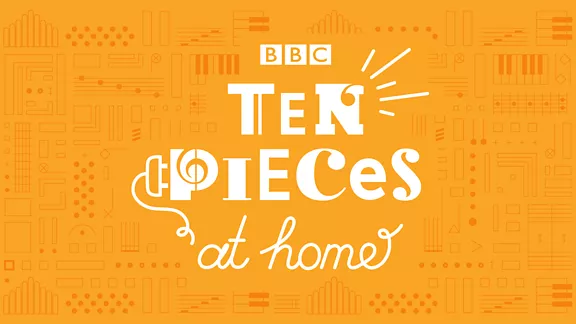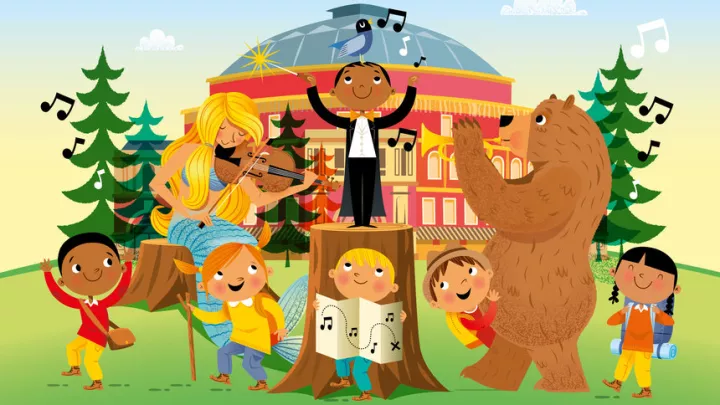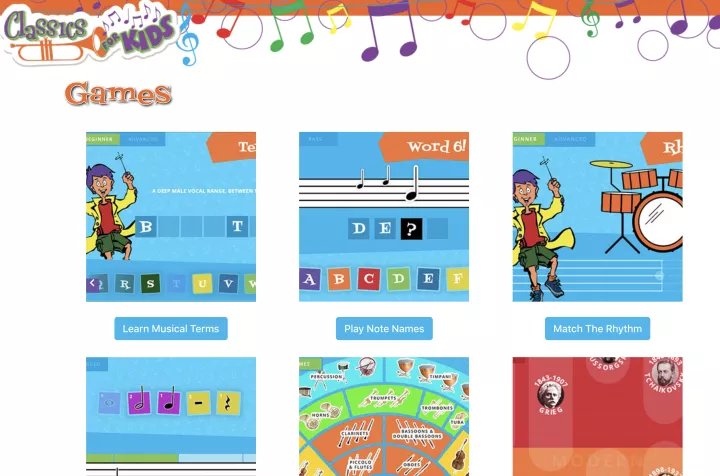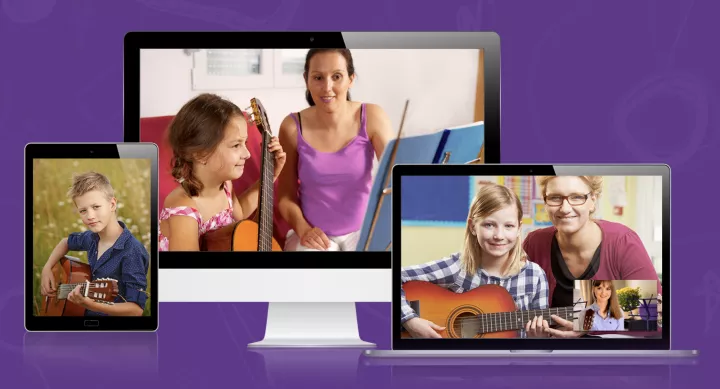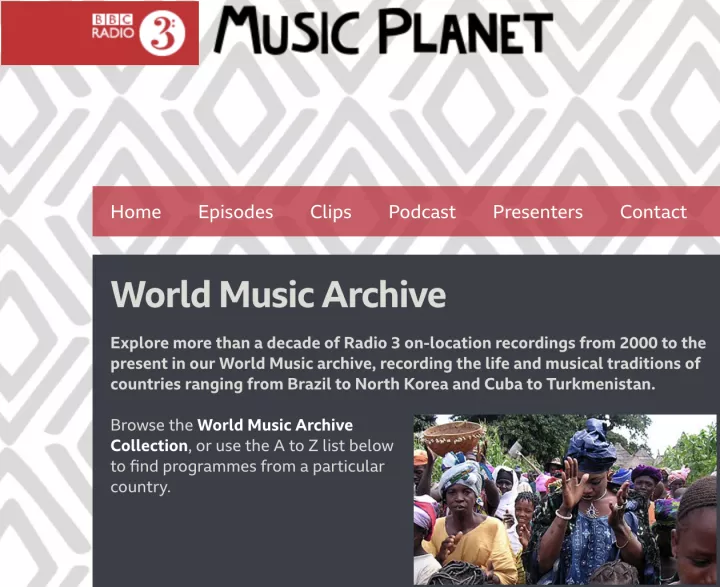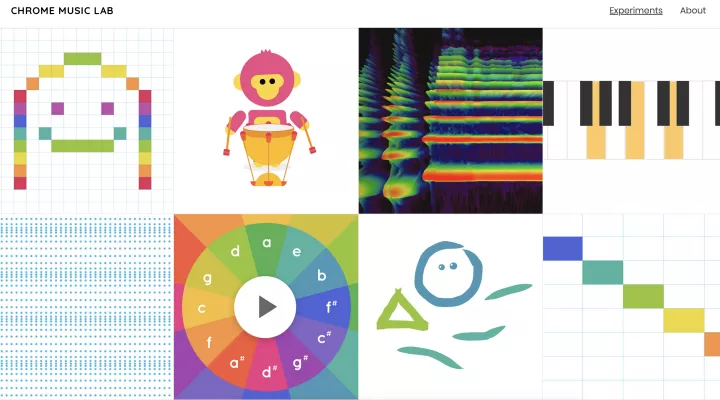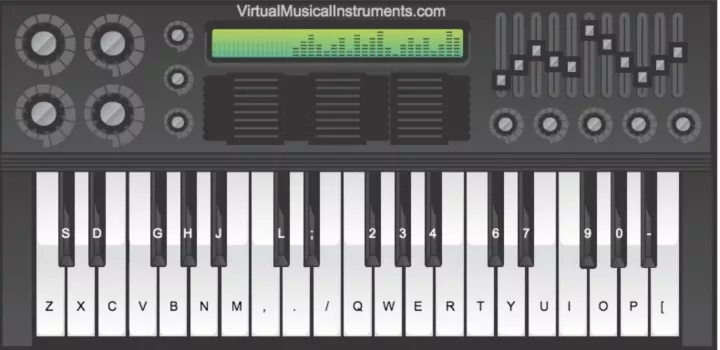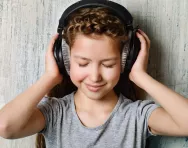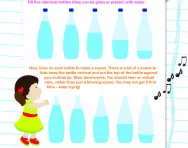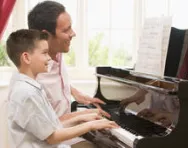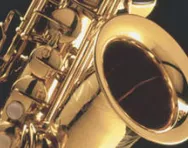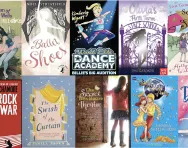Important update from TheSchoolRun
For the past 13 years, TheSchoolRun has been run by a small team of mums working from home, dedicated to providing quality educational resources to primary school parents. Unfortunately, rising supplier costs and falling revenue have made it impossible for us to continue operating, and we’ve had to make the difficult decision to close. The good news: We’ve arranged for another educational provider to take over many of our resources. These will be hosted on a new portal, where the content will be updated and expanded to support your child’s learning.
What this means for subscribers:
- Your subscription is still active, and for now, you can keep using the website as normal — just log in with your usual details to access all our articles and resources*.
- In a few months, all resources will move to the new portal. You’ll continue to have access there until your subscription ends. We’ll send you full details nearer the time.
- As a thank you for your support, we’ll also be sending you 16 primary school eBooks (worth £108.84) to download and keep.
A few changes to be aware of:
- The Learning Journey weekly email has ended, but your child’s plan will still be updated on your dashboard each Monday. Just log in to see the recommended worksheets.
- The 11+ weekly emails have now ended. We sent you all the remaining emails in the series at the end of March — please check your inbox (and spam folder) if you haven’t seen them. You can also follow the full programme here: 11+ Learning Journey.
If you have any questions, please contact us at [email protected]. Thank you for being part of our journey it’s been a privilege to support your family’s learning.
*If you need to reset your password, it will still work as usual. Please check your spam folder if the reset email doesn’t appear in your inbox.
Best music home education resources
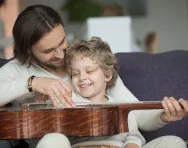
Best for creative projects inspired by music
The BBC's Ten Pieces at Home website suggests weekly activities for schools, home educators and parents to try. Every week there's a Ten Pieces film to watch and a linked creative activity – writing a poem, drawing a portrait, trying some body percussion – to be completed by children at home (no special materials or preparation required). A free, easy way to keep listening, enjoying and creating music.
Best for an introduction to instruments and the orchestra
Watch video introductions to the orchestra from Albert’s Band, from the Royal Albert Hall. Each member of the band presents their instrument, explains how they make their sound and plays a few short pieces. From trumpets and trombones to violins, which instrument will steal the hearts of your family members?
You can also download the My Great Orchestral Adventure booklet, perfect for KS1, for an illustrated introduction to each instrument.
For more about the instruments in the orchestra you can also read and watch BBC Teach's Bring the Noise guides to Orchestral Families for a brief description of the most recognisable instruments in an orchestra, music performed by the BBC Philharmonic and information about the history and sounds of each instrument.
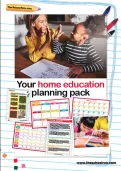
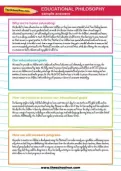
Free home education planning pack & resources
- Guidance, templates & advice
- Practical tips from experts and parents
- How to establish a routine and set goals
Best for interactive music games
Classics for Kids® is designed to help you introduce children to classical music through games, musical definitions, audio samples, kids' guides to styles and eras, guidance for choosing an instrument and lots more.
The interactive music games are free and help children learn more about rhythm, musical terms, musical instruments and composers.
Best for one-to-one music tuition for children
If you've never been able to fit a weekly music lesson into your family's schedule, why not trial a regular online class? The Gentle Guitar School has been providing long-distance one-on-one lessons in the USA, Canada, Australia and New Zealand since 2015. Children learn to play the guitar online, at home, with a live teacher using Skype or FaceTime. Book a free trial lesson to see if the method would work for you; tuition starts at $25 per week (approximately £20), the going rate for private music lessons with a teacher in person.
Best for worldwide sounds
Look through the BBC Radio 3 World Music archive to discover the musical traditions of countries across the globe, ranging from Brazil to North Korea and Cuba to Turkmenistan. There's more than a decade of on-location recordings to choose from – will you find out about the panpipes of Lake Titicaca, British music from the Shetlands, Chinese opera, polyphonic choral music, Masai singing or Tamborito drumming?
Best for hands-on sound experiments
Experiment with sound with Chrome Music Lab, a hands-on way to explore music and its connections to art, maths, science, movement and more. Use Song Maker to make and share your own songs, build your own rhythms, compare spectrograms (pictures that show the frequencies that make up a sound and how they change over time), play chords and arpeggios, trace sound waves and create melodies. Intuitive and simple to use (and free!).
Best for virtual composing
Wish your child could try picking up different instruments to experiments with the sounds they can make? "Play" musical instruments online using your PC keyboard and mouse as the interface – the online musical instruments you can use for free at VirtualMusicalInstruments.com include the virtual guitar, virtual piano, virtual drums, virtual bongos and the virtual pan flute.
We also love the Stars & Catz list of music composition games that allow children to compose music and rhythms online without needing a real instrument. Whether you want to learn about chords, play with a voice on a loop, create a melody or compose music with items found in the kitchen, look through the recommended resources to become an online composer.
